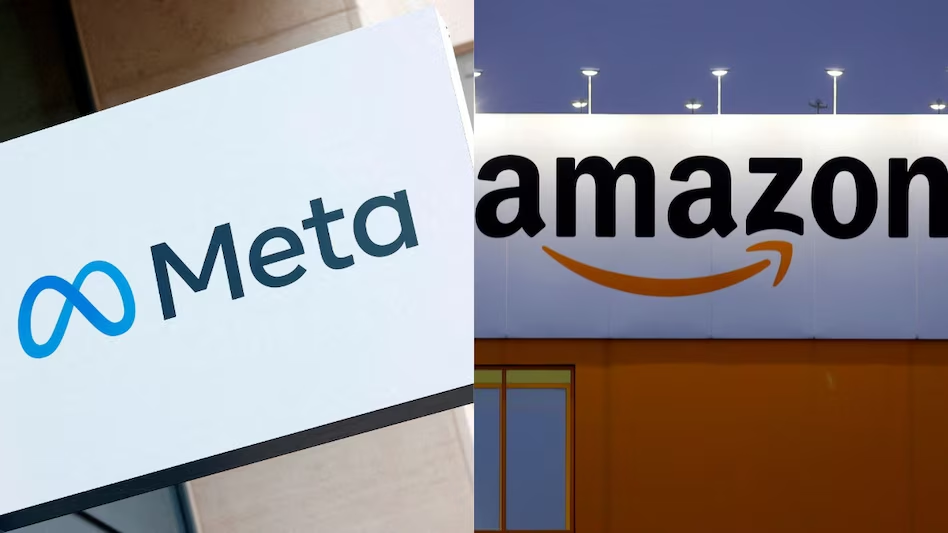
As conservative criticism of diversity, equity, and inclusion (DEI) programs intensifies—especially in the context of a potential return of former President Donald Trump to the U.S. presidency—major tech companies Meta and Amazon are significantly scaling back their DEI initiatives. This shift reflects a larger trend among corporations reassessing or abandoning the diversity policies that gained prominence following the 2020 protests over George Floyd’s death.
Meta’s DEI Program Overhaul
In an internal memo, Meta announced the discontinuation of several DEI programs, which had included efforts related to hiring, training, and supplier diversity. The move is part of broader changes at the company, including halting its U.S. fact-checking initiative and promoting Joel Kaplan, a prominent Republican figure, to Chief Global Affairs Officer. Additionally, Dana White, CEO of the Ultimate Fighting Championship (UFC) and a close ally of Trump, was recently appointed to Meta’s board.
Meta’s CEO, Mark Zuckerberg, appears to be taking steps to mend relations with Trump, who has been critical of the company’s content moderation policies and has even threatened legal action. In December, Meta made a notable $1 million donation to Trump’s inaugural fund, marking a sharp departure from its previous corporate practices.
Janelle Gale, Meta’s Vice President of Human Resources, explained the decision, citing changing legal and policy dynamics surrounding DEI efforts. She referenced recent Supreme Court rulings that suggest a shift in how courts are beginning to assess DEI programs. Gale also acknowledged that the term “DEI” has become contentious, with some viewing it as a form of preferential treatment.
As part of the restructuring, Meta will dissolve its dedicated DEI team, and Chief Diversity Officer Maxine Williams will transition into a new role focusing on accessibility and employee engagement.
Amazon Moves in a Similar Direction
Following Meta’s lead, Amazon has also signaled plans to phase out its representation and inclusion initiatives by the end of 2024. In a memo issued in December, the company described its intention to “wind down outdated programs and materials,” citing the evolving legal landscape.
This decision aligns with growing conservative opposition to DEI policies, particularly in the wake of the U.S. Supreme Court’s 2023 ruling that overturned affirmative action in university admissions. Legal challenges against corporate diversity practices have also increased, with a recent appeals court ruling barring Nasdaq from enforcing diversity quotas for corporate boards.
As both companies scale back their DEI efforts, it underscores the broader rethinking of diversity policies within major corporations in response to legal, political, and public scrutiny.
Recent Random Post:
















